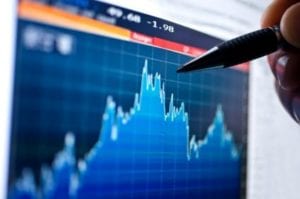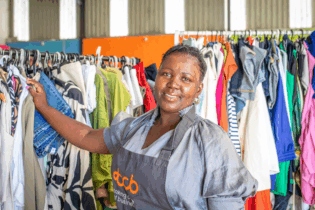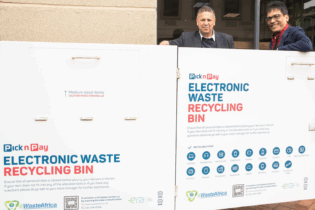Significant shifts in the world’s economic balance of power pose sustainability challenges for the developed nations following the recent Rio+ 20 United Nation Conference on sustainable development, according to an analysis carried out by PricewaterhouseCoopers (PwC), which compares shares of world GDP for key global country groupings in 1991, 2012 and 2032.
Advanced economies accounted for around 64% of world GDP in 1992, but this has now fallen to only 50% and could be just 37% by 2032, according to projections calculated by PwC. Emerging and developing countries could therefore account for around 64% of world GDP by 2032, which is expected to be reflected in their increasingly dominant role in the global demand for energy and other finite natural resources. Prior to the holding of the Rio+20 Conference on Sustainability, PwC updated its long-term global economic growth model to compare shares of world GDP at purchasing power parities (PPPs) for key global country groupings in 1992, 2012 and 2032. Jayne Mammatt an associate director in PwC’s Sustainability and Integrated Reporting Department, says: “The rich world still accounted for 64% of world GDP at the time of the original Rio conference in 1992, which made it natural that these countries should lead the way on global sustainability issues that were largely a legacy of their previous economic development. This was reflected in post-Rio initiatives such as the Kyoto Protocol, the quantified aspects of which focused on carbon emission reductions by advanced economies. “But the rich world now accounts for only around half of world GDP and this will shrink further to only around 37% of world GDP in 20 years’ time according to PwC’s projection. These rich countries can and should still take a lead in areas such as carbon emission reductions and providing financial and technological support for global sustainability initiatives. But particularly after being weakened by the global financial crisis and the recent economic uncertainty, the advanced economies can no longer drive progress on this agenda by them.” Total world GDP is now just over $80 trillion – around twice what it was 20 years ago in real inflation-adjusted terms and about half of what it could be in another 20 years’ time, according to PwC calculations. Developed economy output might only be around 2.4 times bigger in 2032 than in 1992. By contrast, developing economy output could be seven times larger in 2032 than it was in 1992. Rudolf Botha, economic advisor to PwC South Africa, says that the average per capita GDP of the advanced economies is more than 18 times higher than that for the Southern African Development Community (SADC) and more than 40 times higher than for the rest of sub-Saharan Africa. Over the past two decades, sub-Saharan Africa’s share of world output at purchasing power parities has remained marginal, increasing from a mere 2.1% to 2.5%.“The existence of a substantial income gap between the advanced economies and poor countries, combined with the dire need for abject poverty alleviation in most of Africa, will make it nigh impossible over the medium term for governments in sub-Saharan Africa to commit fiscal revenues towards the implementation of any environmental protocols that may have been adopted at the Rio+20 conference,” says Botha.
He says that South Africa’s membership of the BRICS groups places the country in a unique position with regard to being able to demonstrate the growing significance of African economic prowess. The BRICS countries will inevitably fulfil a larger role in world affairs in future. Apart from the prospect of sustained growth in household consumption expenditure in sub-Saharan Africa, the region stands to benefit from exports of minerals and metals to Asia, particularly China and India. In the long run, Africa will not be able to avoid compliance with imminent new environmental protocols and the sooner the concept of natural accounting is adopted, the better for plant Earth, he says.Mammatt says that one of the most tangible things that should have come from the Rio+20 Conference is the concept of natural capital accounting. Worldwide there has been growing recognition among corporates and other interested stakeholders that GDP alone is not a sufficient measure of progress towards sustainable development, she says. She points out that GDP only looks at one aspect of economic performance, namely output but says nothing about the wealth and assets that underlie this. For example, if a country degrades its water system or exploits its minerals, it is depleting its wealth. Mammatt says: “World output is roughly doubling in real terms every 20 years, but we’ve eaten into our global natural capital substantially over the same period.” She says that conferences such as Rio+20 have given the impetus to countries and corporates to step up their commitment to initiatives such as natural accounting and integrated reporting. “We need this yardstick for both countries and companies to drive the action to replenish the planetary balance sheet, rather than fully depleting it. “We can see why politicians might be preoccupied with each other, perhaps more immediate problems. But business is waking up to the enormity of the challenges and, for many, the opportunity that that this presents. While some may be cynical about the role of business in these global events, there is a growing recognition that these massive global challenges cannot be tackled without the private sector’s firepower and buy in.”








